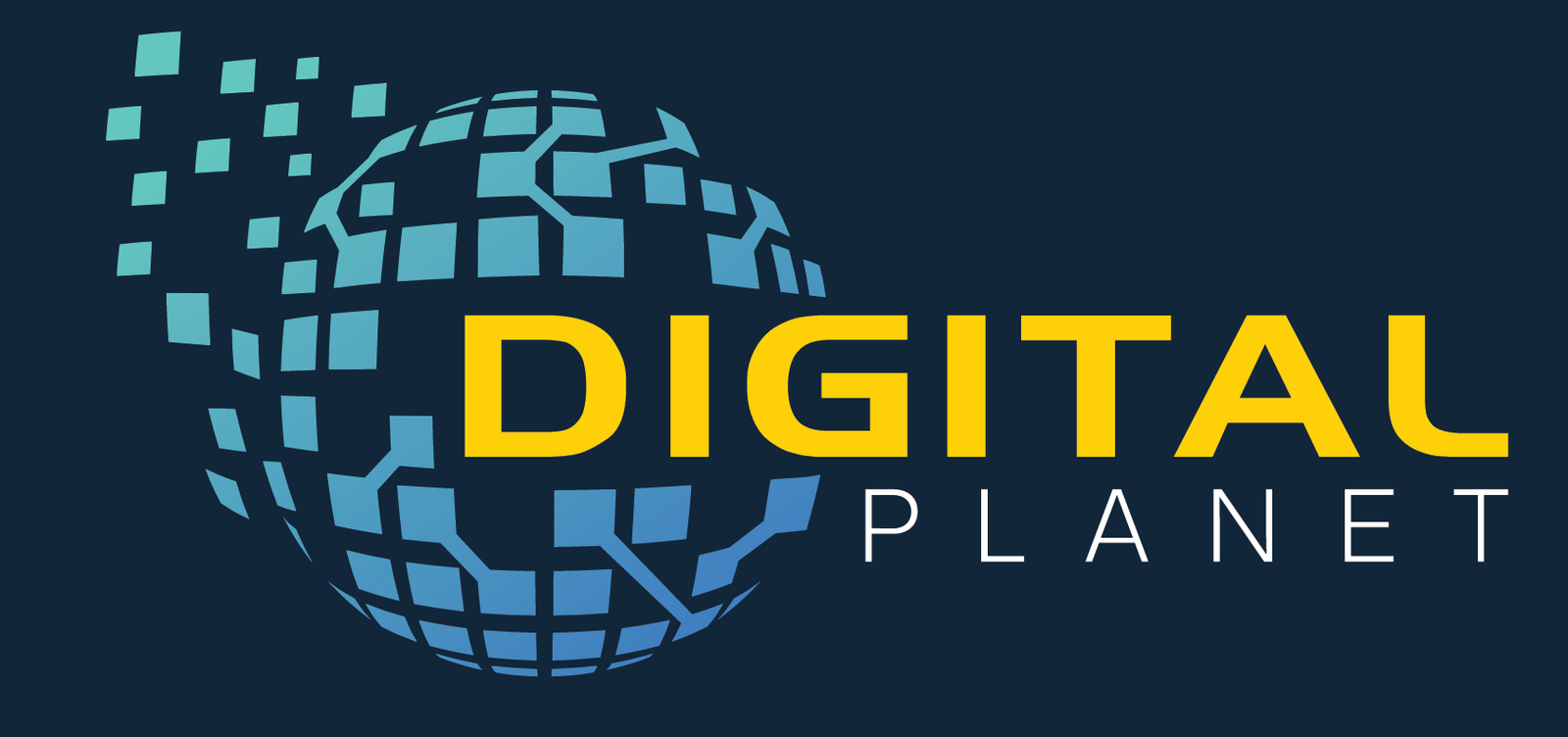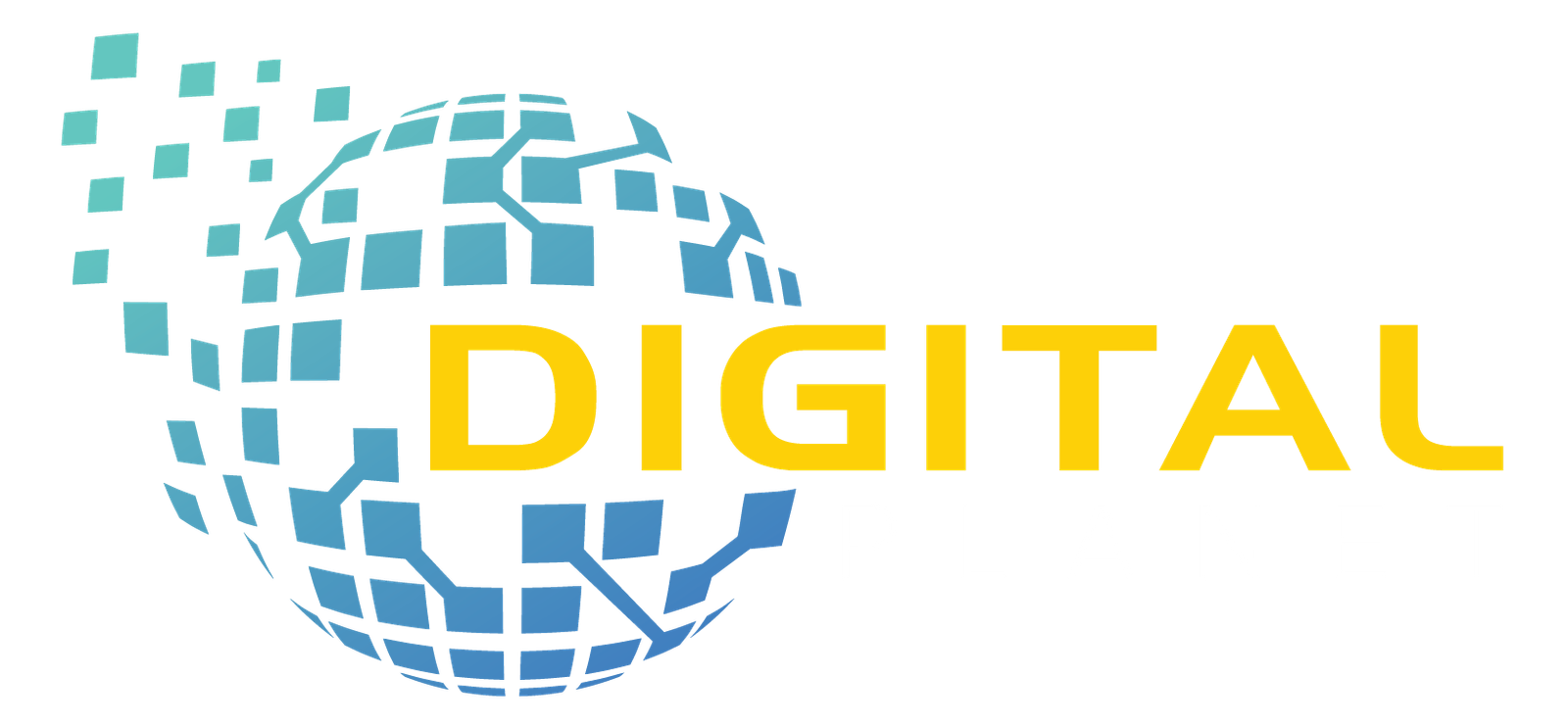Mastering the Art of #Hashtag: A Strategic Guide to Boosting Your Brand Awareness #BrandBuzz

In the fast-paced world of social media, hashtags have become more than just a trend; they are now a powerful tool for individuals and businesses alike to enhance their online presence. In this blog post, we will explore the essence of a hashtag, its evolution, and provide insights into strategically using hashtags to amplify your brand awareness – all while creating a #BrandBuzz.
Understanding the Hashtag Phenomenon
A hashtag is a metadata tag used on social media platforms to categorize content and make it easily discoverable by users interested in a specific topic. The symbol ‘#’ precedes a word or phrase, turning it into a clickable link that gathers related content. The origin of the hashtag can be traced back to Twitter in 2007, and since then, it has evolved into a universal language on platforms such as Instagram, Facebook, and LinkedIn.
The Power of Hashtags in Brand Awareness

1. Increasing Visibility and Reach
- Hashtags expose your content to a broader audience interested in the same subject matter.
- Leveraging popular and relevant hashtags can help your posts reach beyond your immediate followers.
2. Building Community and Engagement
- Unique branded hashtags encourage user-generated content, fostering a sense of community around your brand.
- Engaging with your audience through hashtags strengthens the bond between your brand and customers.
3. Creating Campaigns and Movements
- Craft specific hashtags for marketing campaigns to track engagement and measure the success of your initiatives.
- Trending hashtags can be utilized to align your brand with larger conversations and movements.
Strategic Guide to #BrandBuzz
1. Research and Choose Wisely
- Identify popular industry-related hashtags and choose those relevant to your brand.
- Balance generic and niche hashtags to reach a wider but targeted audience.
2. Create Branded Hashtags
- Develop a unique, memorable hashtag associated with your brand.
- Encourage your audience to use it, turning them into brand advocates.
3. Be Mindful of Trends

- Keep an eye on trending hashtags and capitalize on them when appropriate.
- Participate in relevant conversations to increase your brand’s visibility.
4. Consistency is Key
- Use consistent hashtags across platforms to streamline your brand message.
- Create a content calendar to maintain regular hashtag usage.
5. Monitor and Analyze
- Track the performance of your hashtags using analytics tools.
- Adjust your strategy based on what works best for your brand.
6. Tagging Culture

- Highlight user-generated content by resharing and showcasing the diverse ways your audience engages with your brand.
- Each social media platform has its own etiquette regarding hashtag usage. For instance, Instagram favors a higher number of hashtags, while Twitter and LinkedIn may thrive with a more moderate approach.
- Blend your branded hashtag with trending and industry-specific hashtags to maximize visibility.
Incorporating these tagging strategies into your hashtag game plan adds another layer of sophistication to your brand’s social media presence. Experimentation and adaptability are key; continually refine your approach based on analytics and user feedback. By mastering the art of tagging hashtags strategically, you can propel your brand into the digital spotlight, making waves in conversations and ensuring your #BrandBuzz is not just heard but resonates across the online landscape.
Conclusion
In the ever-evolving landscape of social media, mastering the art of hashtags is crucial for businesses aiming to enhance their brand awareness. By understanding the nuances of hashtag usage and implementing a strategic approach, you can cultivate a #BrandBuzz that resonates with your audience, strengthens your online presence, and propels your brand towards greater success. Embrace the power of the hashtag, and watch your brand soar to new heights in the digital realm.
FAQs:
1. Why are hashtags important for brand awareness?
– Hashtags help categorize content, making it easier for users to discover your brand and join relevant conversations.
2. How do I choose the right hashtags for my brand?
– Research trending and industry-specific hashtags, consider your target audience’s interests, and create unique hashtags that reflect your brand identity.
3. How many hashtags should I use in a post?
– While there’s no fixed number, it’s generally recommended to use a mix of popular, niche, and branded hashtags. Experiment with different quantities to find what works best for your brand.
4. How can I track the effectiveness of my hashtags?
– Utilize analytics tools provided by social media platforms to monitor hashtag performance, including reach, engagement, and follower growth.
5. Should I use the same hashtags for every post?
– While consistency is important, it’s also essential to keep your hashtag strategy dynamic. Tailor hashtags to fit the specific content and context of each post.
6. What are some common mistakes to avoid when using hashtags?
– Avoid overloading posts with irrelevant hashtags, using overly long or complex hashtags, and neglecting to monitor hashtag usage for inappropriate or offensive content.
7. Can hashtags be used across different social media platforms?
– Yes, hashtags are widely used across various platforms like Instagram, Twitter, Facebook, LinkedIn, and TikTok. However, it’s essential to understand each platform’s unique hashtag culture and best practices.
8. How can I encourage user-generated content with hashtags?
– Create branded hashtags that encourage users to share their experiences with your products or services. Engage with and repost user-generated content to foster community participation and brand advocacy.
9. What role do hashtags play in influencer marketing campaigns?
– Hashtags can amplify the reach and impact of influencer collaborations by increasing content visibility and engagement among both the influencer’s followers and your target audience.
10. Where can I find more resources to enhance my hashtag strategy?
– Stay updated on social media trends, follow industry blogs, and consider attending workshops or webinars focused on digital marketing and social media strategy. Additionally, networking with other professionals in the field can provide valuable insights and inspiration for your hashtag campaigns.

